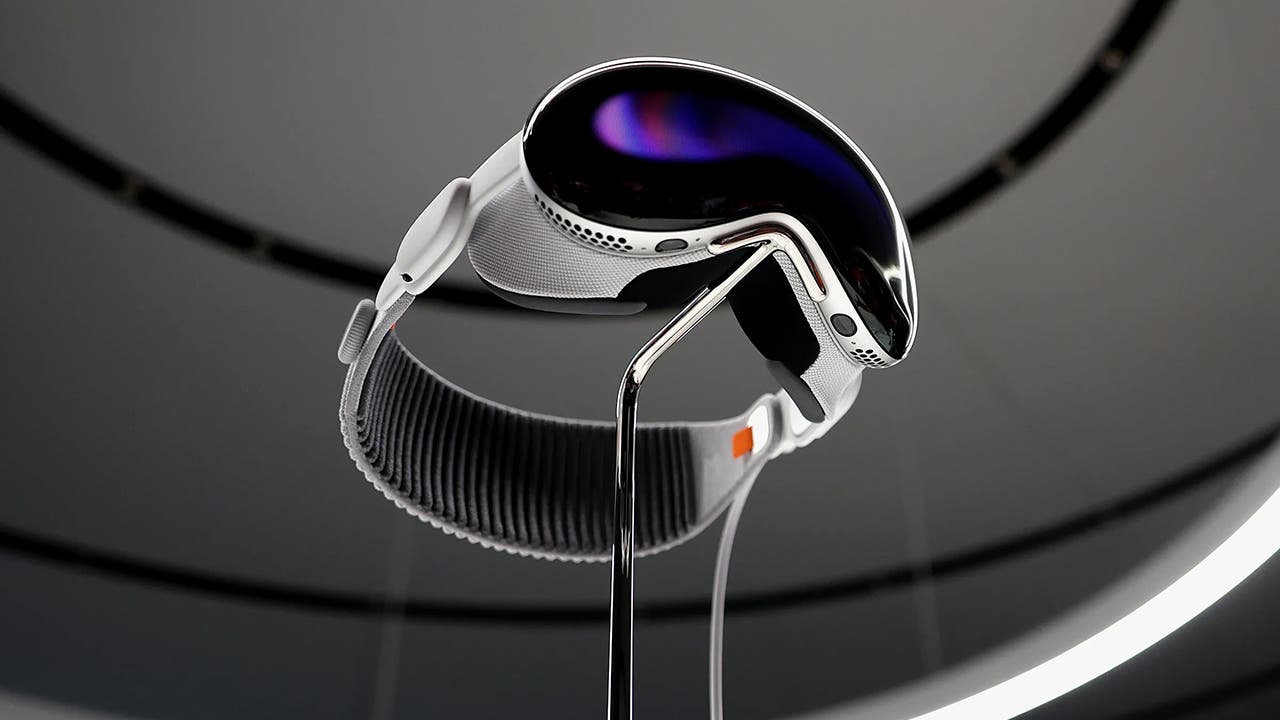/cloudfront-us-east-2.images.arcpublishing.com/reuters/Q3OQD33BFRPLRC6RJQY5BRPPSU.jpg)
Due to the fact that AI systems are not humans, the US Federal Circuit Court has confirmed ruling out its patent inventions. This verdict represents the most recent setback in a series of fruitless legal efforts by computer scientist Stephen Thaler to copyright and protects the results of various AI software tools he has developed.
Thaler failed to copyright a photograph in 2019 on behalf of an AI system he called Creativity Machine, and the US Copyright Agency affirmed that decision after an appeal in 2022. In a related matter, the US Patent Office determined in 2020 that Thaler’s AI system DABUS was not a “natural person,” and this determination was later upheld by a judge in 2021. The federal circuit court has now once more upheld this judgment.
Judge Leonard P. Stark noted in the court’s judgment that at first glance, one may believe that this issue would require “an abstract inquiry into the nature of the invention or the rights, if any, of AI systems” in order to be resolved. However, according to Stark, such metaphysical issues can be avoided by merely reading the language of the pertinent law, the Patent Act.
Stark maintains that the Patent Act makes it quite clear that only people have the right to possess patents. The Act utilizes the personal pronouns “herself” and “himself” consistently throughout, as opposed to phrases like “itself,” which, according to Stark, “would permit non-human inventors” in a reading. The Supreme Court has concluded that the term “individual” “ordinarily indicates a human being, a person” (following “how we use the word in ordinary parlance”).
Statutes can frequently be interpreted in a number of valid ways, not the case here, says Stark. There is no ambiguity: the Patent Act mandates that inventors must be natural persons, that is, human beings. In this case, the subject of statutory interpretation begins and ends with the plain meaning of the text.
The ruling is becoming accepted as an international legal opinion and upholds the status quo for AI patent law in the US. Similar decisions have recently been made by the Australian High Court and the EU Patent Office (though, in Australia, a federal court did initially rule in favour of AI patent-holders).
BloombergLaw reports that Thaler intends to challenge the circuit court’s decision and that his lawyer, Ryan Abbott of Brown, Neri, Smith & Khan LLP, has criticized the court for its strict and textualist attitude to the Patent Act.
According to Abbott, it disregards the goal of the Patent Act and the fact that ideas created by AI are not eligible for patent protection in the US. That is a result that would have serious severe social repercussions.
Discover more from TechBooky
Subscribe to get the latest posts sent to your email.







